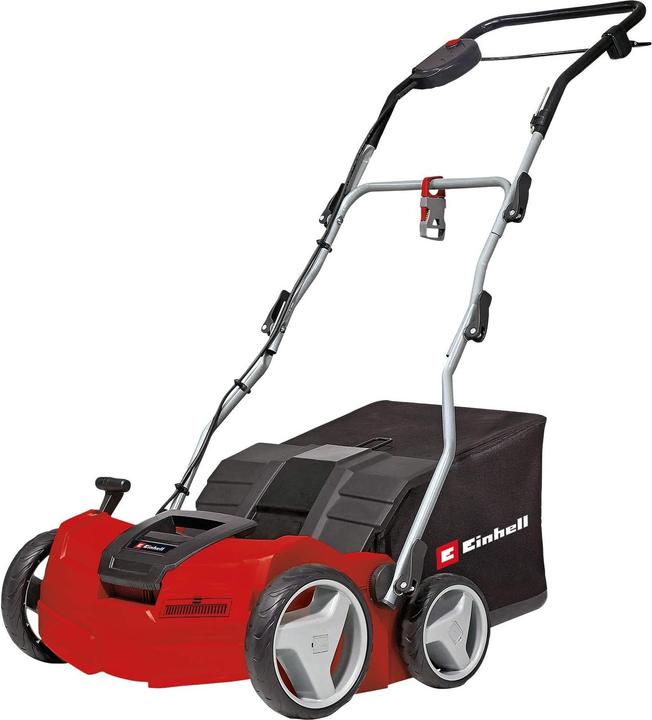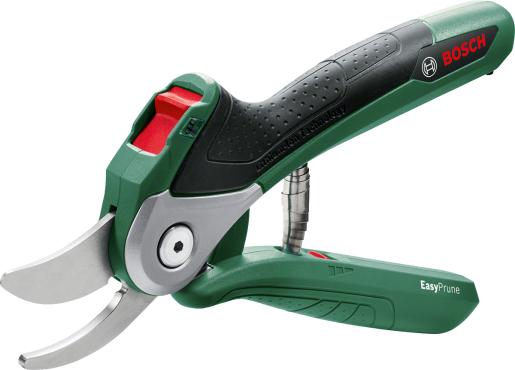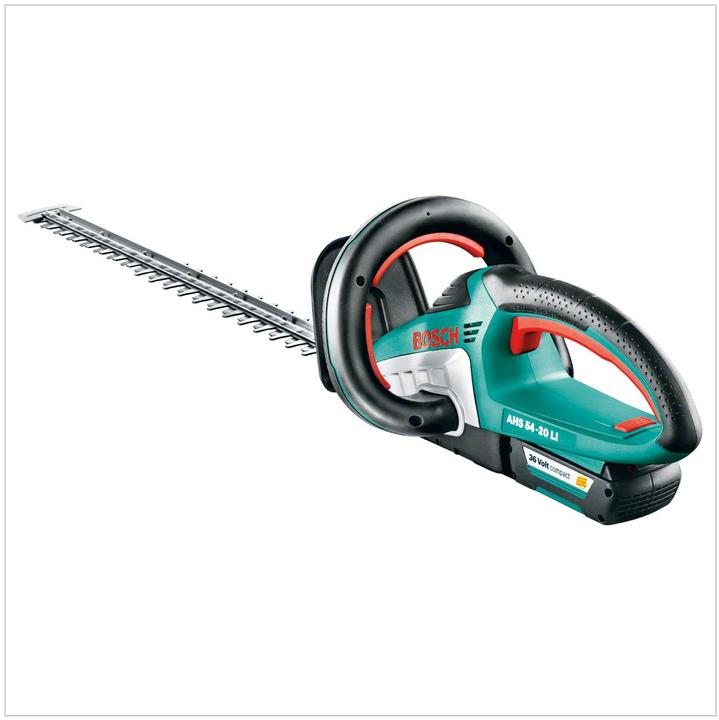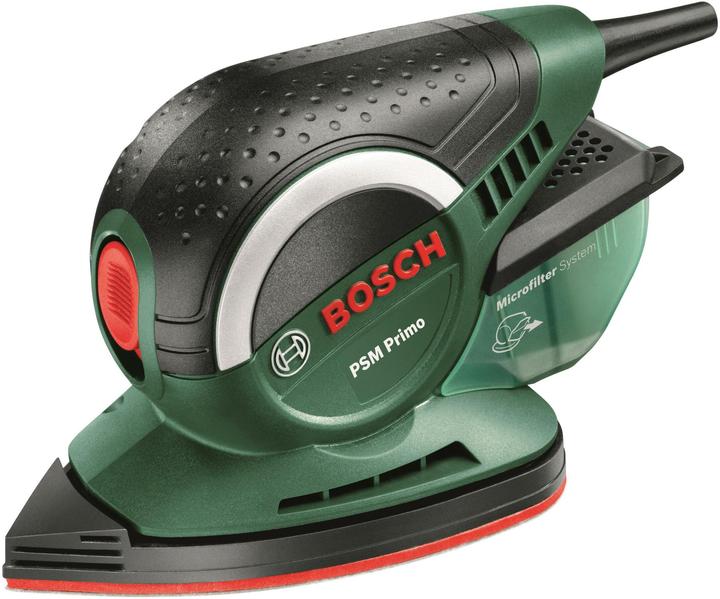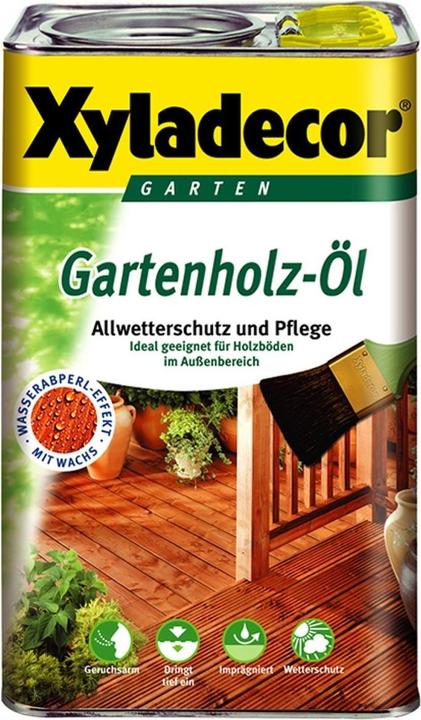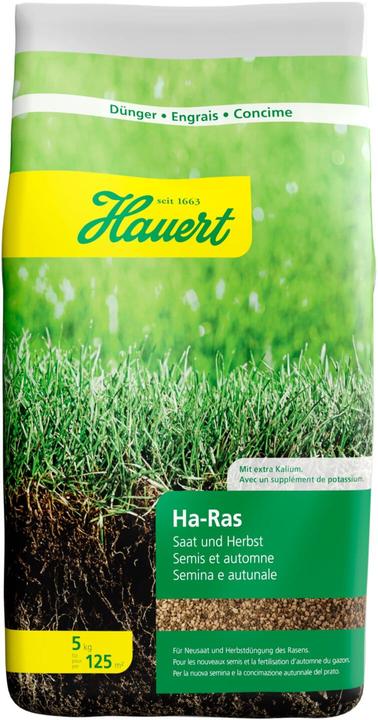

Prune, rake, oil: How to get your garden through the cold days
Most of the flowers have faded and the trees are saying goodbye to their lush green colour. It's time to prepare your garden for the cold season with all the trimmings.
There's a little something to do. At least for garden owners. The great heat is behind us, a cool breeze is slowly making its way in. Time to prepare your green living room for the winter so that you don't get tears in your eyes in spring and think about moving into a rented flat after all.
Plants
A few simple steps are necessary to get your plants through the winter. Bulbs and hardy winter plants can also be planted now in autumn. Shrubs, hedges and your lawn also need special attention. But first things first .
Lawn care
Mow your lawn one last time at the end of October / beginning of November, but please don't cut it shorter than five centimetres. The longer blades of grass can absorb more light and also protect the delicate roots. Then apply autumn fertiliser. The higher potassium content in the special fertiliser protects your lawn better against frost. Remove autumn leaves from the lawn regularly to prevent them from rotting underneath.
Pruning
As soon as the leaves on your shrubs change colour or the branches start to droop, it's time to get out the secateurs. Pruning gives your shrubs more strength to survive the harsh winter, as no energy is wasted on long branches. Your hedge also deserves to be trimmed a little so that waterlogging doesn't stand a chance. You can use your trimmed branches and leaves as mulch for your flower beds and potted plants.
Potted plants
Most potted plants need to be moved to their winter quarters. Light-coloured conservatories, cellars or garages are suitable for this. Mediterranean plants such as oleander or olive trees must continue to be provided with light in winter. Delay the move for as long as possible so that the shoots mature better. However, they must be in their winter quarters before the first night of frost. Plants such as Ticino palms and rosemary can also overwinter in the garden with a "jacket". The frost-resistant pots are wrapped with jute, fleece or bubble wrap and the plant itself is also covered with jute or fleece. The soil should not be completely wrapped in the cover so that air can reach it. Instead, it is covered with mulch. To prevent the cold from penetrating the soil from below, it is best to place the pot on a saucer or wooden board. Important: Don't forget to water on frost-free days in winter too.

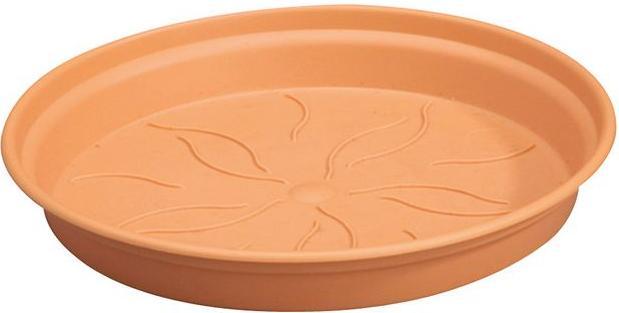
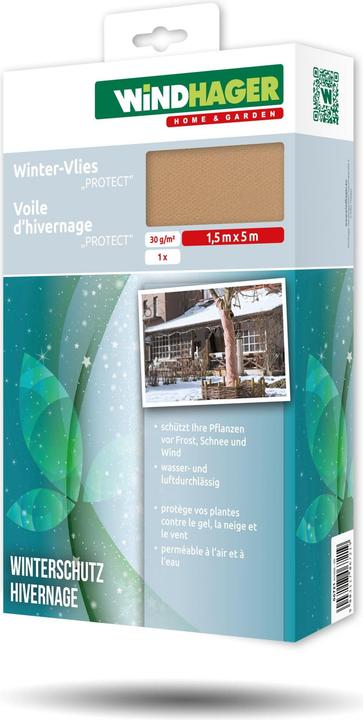
Windhager Winter fleece Protect
Beets
Your flower beds are also protected with mulch and/or fleece. Before you do this, however, you should plant your early-flowering bulbs. Tulips, daffodils and crocus will be in full bloom right at the beginning of spring. If you can't wait that long, it's a good idea to plant a few winter bloomers. These include, for example, Christmas roses, winter snowballs and snow heathers. The first two can also be planted in autumn, while the latter should be planted in spring.
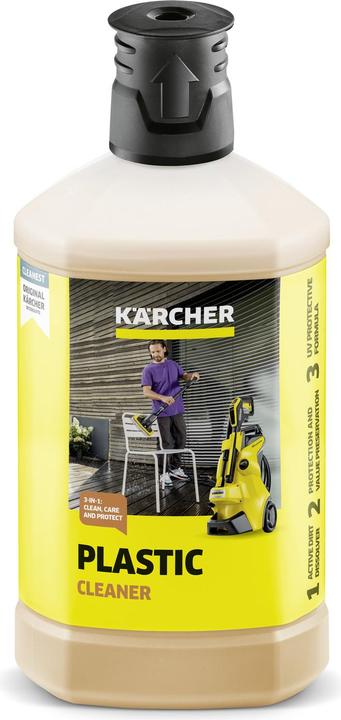
Kärcher Rm 613
Garden furniture
To ensure that your garden furniture survives the winter undamaged, you should store it. Winter Party materials and care products are available, but months of rain, snow and sun will take their toll. So if you have a garage or cellar, why not use it? The room should be dry, but not overheated. Temperature fluctuations are also not good for your garden furniture. If you don't have the option of storing your outdoor furniture indoors, you can use protective covers. Both options require sufficient air circulation to prevent mould from forming. However, the exact care depends on the material of your furniture.
Plastic
Chairs and tables made of polyrattan are robust and can survive the winter outdoors. However, frost and UV radiation can damage them and make them unsightly. If possible, you should clean your plastic furniture before storing it. Normal soapy water is sufficient for this. If you also want to freshen up the colour and increase the lifespan, we recommend using a special plastic wickerwork cleaner.

Kärcher Rm 613
Wood
Hardwoods are also robust and can be left in the garden over the winter if necessary. However, if you don't want faded, aged furniture, you should avoid this option. Before hibernation, the surface should be lightly roughened with sandpaper, cleaned and then rubbed with a hardwood oil for outdoor use. This reduces cracking and protects the wood from drying out. Incidentally, hardwoods also include many subtropical plants such as teak and acacia. When buying such woods, look out for the FSC or "Blue Angel" certificate. This guarantees sustainable cultivation, usually on plantations. No rainforest is cleared and the ecosystem remains intact.
Our native softwoods are much more sensitive than hardwoods. These must be kept indoors as they cannot tolerate moisture and cold. Here, too, it is best to sand the furniture a little and then treat it with a suitable oil or glaze for softwood. Glazes and oils with linseed oil or beeswax are the most environmentally friendly for both hardwood and softwood.
Metal
The big enemy of metal furniture is rust. Garden furniture made of cast or wrought iron is particularly susceptible to corrosion. However, these are usually already coated with a protective varnish so that they resist rust quite well. However, if this flakes off or cracks, it must be reworked with rust protection.
Aluminium and stainless steel furniture is easier to care for and lighter in weight. It hardly rusts and can also be left outside. Make sure that the rivet points are well finished, otherwise rust can settle there. If in doubt, simply store your metal furniture. Metal hinges, no matter on which piece of furniture, can be brought up to scratch with lubricants.
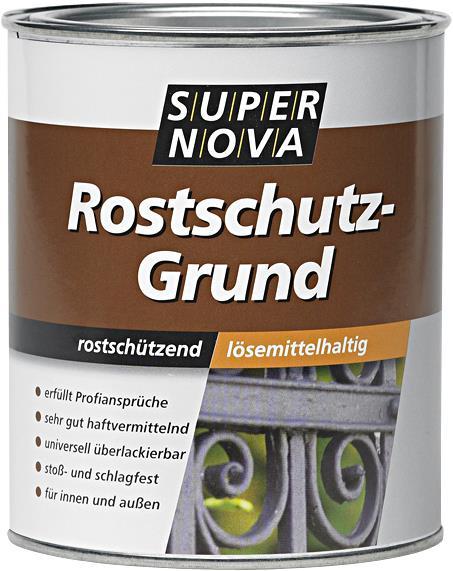
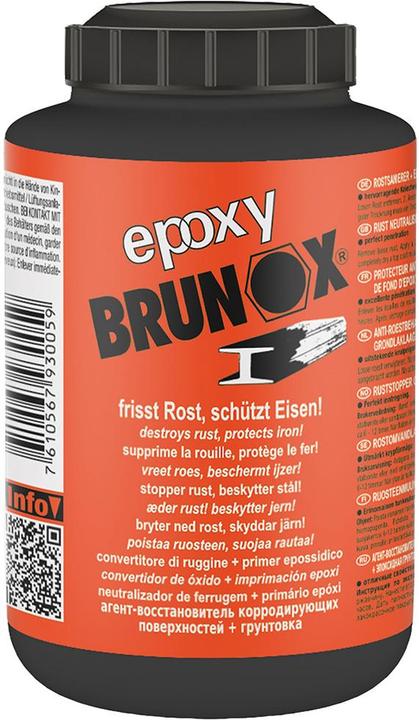

WD-40 Classic
100 ml
My life in a nutshell? On a quest to broaden my horizon. I love discovering and learning new skills and I see a chance to experience something new in everything – be it travelling, reading, cooking, movies or DIY.
Practical solutions for everyday problems with technology, household hacks and much more.
Show all
